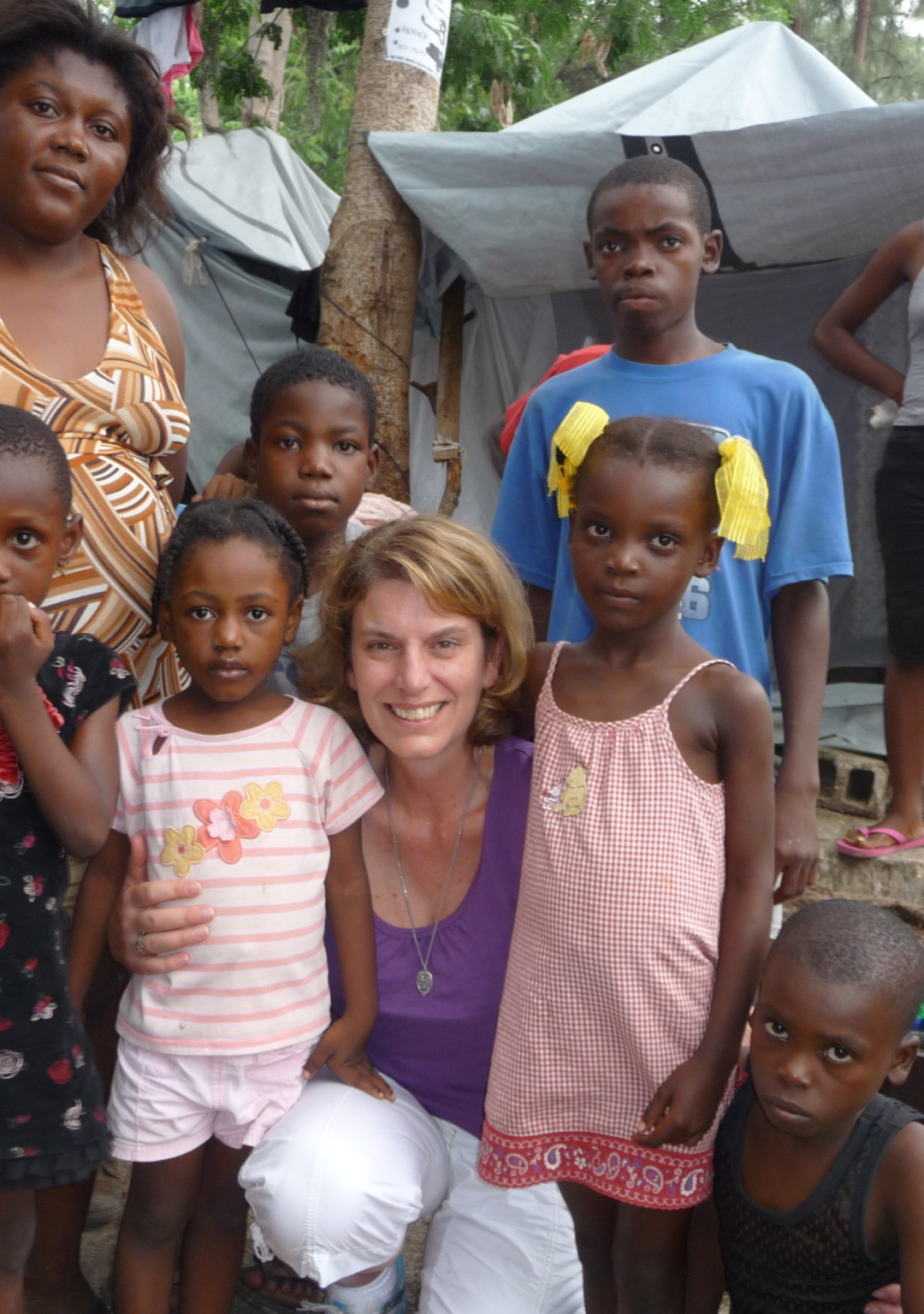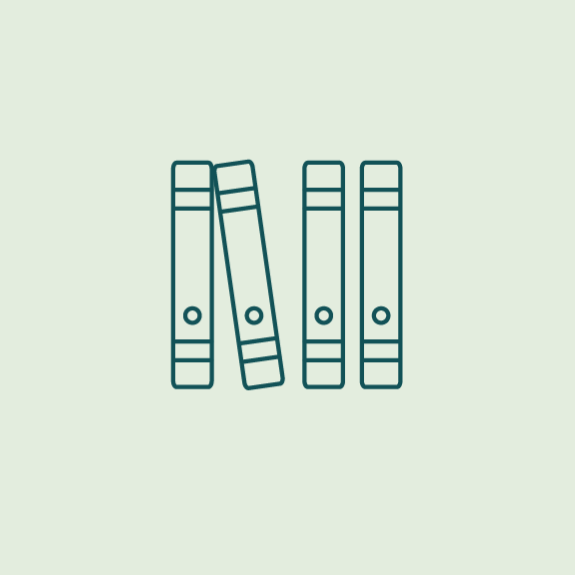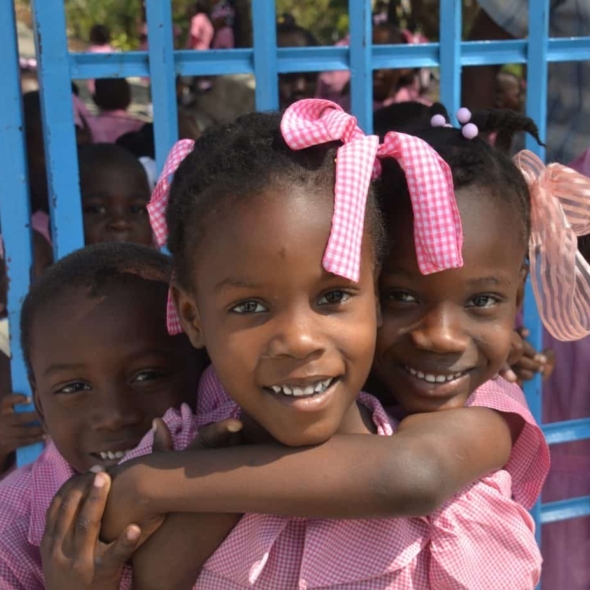According to the Food and Agriculture Organization (FAO) and the World Food Programme (WAF), gang violence in Haiti is worsening. The Caribbean nation ranks on the list of nations where there is the “greatest concern due to the escalation of violence by armed groups.” Children in Haiti are most often the victims of these violent acts, and schools across the nation have shuttered, leaving thousands without educational resources or safe shelter.
That’s why the CMBM-Haiti Faculty are a beacon of hope for students and staff at the Jean Paul II Congregational School in Port-au-Prince. These children—ranging from 3 to 17 years of age—are no strangers to violence and weapons. In fact, most have been the victims of a violent attack. Some are even the children of gang members, or have been forced to become gang members themselves to protect themselves and their families.
These students are deeply traumatized by the violence they’ve personally experienced and/or witnessed, and need tools to heal and build resilience. That’s why the CMBM-Haiti Faculty have started integrating mind-body medicine practices into classrooms across Haiti. Students are learning how to put into words what they’ve experienced and share with their peers. They’re finding common ground and growing more resilient. They’re also doing better in school.
Testimonials from students at Jean Paul II Congregational School speak to our model’s ability to improve mood. These powerful testimonials were collected after students practiced self-expression through drawings:
After his father was shot by armed men, 10 year-old Wladimir says, “I couldn’t sleep at night. My mother always had to sleep with me. I was too scared. I heard gunshots all the time in my ears. Since I started [mind-body medicine sessions], I no longer need my mom to sleep. I close my eyes and find myself at the edge of the sea. I wake up in the morning to go to school.”
Junior, a 10 year-old boy, witnessed his father’s murder while the two were on their way to Junior’s school. He says, “Every night I dreamed that my father was coming to get me. I cried all the time, I never laughed. In the streets, I always expected to be killed like my father. For the first time in a year, I’m ready to start playing again with my friends. My mom promised to protect me. I feel that I am no longer afraid.”
17 year-old Jeremy, whose father was kidnapped, reports, “Since the thieves came into our house and kidnapped my father, even though I’m not in the same neighborhood anymore, I had to wake up at night to go check that my parents were alive. I was too afraid that the thieves would come back to kill them [to sleep. Now] before going to bed I dance.”

Support Our Work in Haiti
The need for mental health support services in Haiti is great. Without a psychological care program for children, Haiti risks repeating the cycle of violence. Breaking this cycle of violence and healing this devastating population-wide trauma will require a sustained, national effort. We’re laying the foundation for a national mind-body medicine program and are grateful to partner with the Gordon and Llura Gund Foundation, who have generously pledged to match all donations made to our Haiti fund, up to $100,000.




